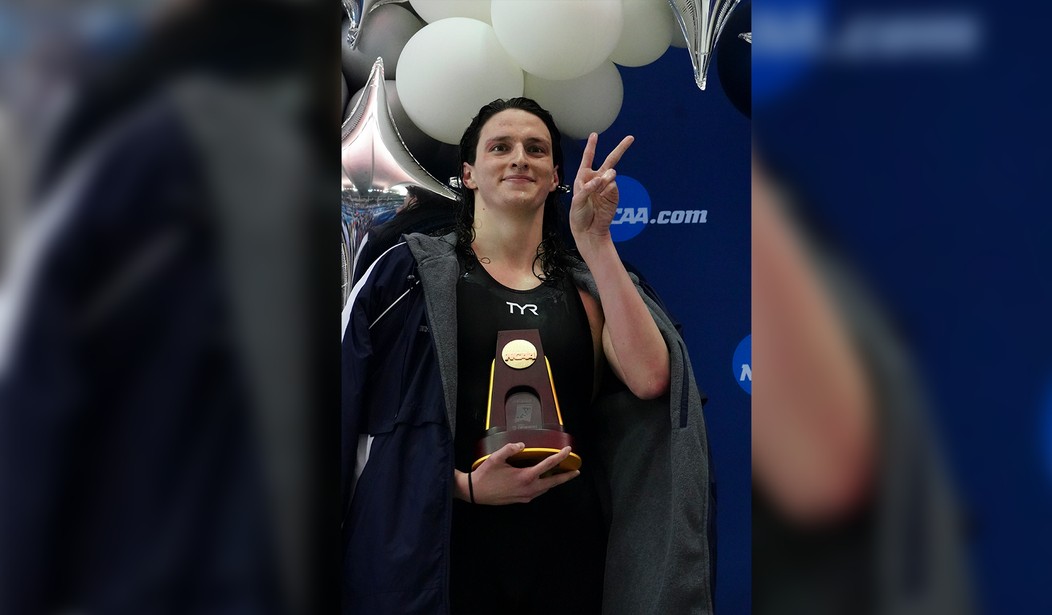Top News
“Open” (trans) swimming category scrapped after nobody signs up

Few people have come to embody the opposition in the fight to save women’s sports more than Lia Thomas, the transgender swimmer who made headlines for winning or placing strongly in multiple collegiate women’s swimming tournaments. The complaints raised about Thomas finally grew loud enough that some organizations began taking a look at alternate solutions. That included World Aquatics, the governing body for much of women’s swimming. They had previously announced that men would not be allowed to compete in the women’s division, but they were adding an “open” category beginning with the World Cup in Berlin this week. Anyone, including transgender athletes, would be free to compete in the open category. But now they say that they’ve scrapped it, at least in Berlin because nobody signed up to compete. (Townhall)
The outrage over Thomas prompted several sports governing bodies to revise their policies to protect the integrity of women’s sports. This week, one sport announced that it will scrap it’s plans to include an “open” category for transgender athletes.
On Tuesday, World Aquatics, the governing body for swimming, announced that its first “open category” to accommodate transgender athletes has been scrapped because it received “no entries.” The category was to be offered at a World Cup starting in Berlin this week.
“Even if there is no current demand at the elite level, the working group is planning to look at the possibility of including open category races at Masters events in the future,” World Aquatics said, according to multiple reports.
Back when the idea of adding an open category for trans competitors was first brought up, I’ll admit that I thought it might be a reasonable solution. Of course, that was back when I was still in the mood to at least try to be somewhat accommodating toward all of this transgender social contagion action. After all, as long as the women are left to compete among themselves, what’s the harm in having another competition where the trans swimmers can compete against each other or against any women who somehow don’t have a problem competing against them?
Clearly, that was a short-sighted approach and this outcome was probably predictable in hindsight. The female swimmers weren’t going to sign up because having to swim against men was the problem in the first place. And the trans swimmers don’t want to sign up for a competition where they would have to compete against other males because they have a natural advantage over the women. Also, there probably aren’t enough trans competitors in the sport to fill out a tournament roster anyway.
This was still a worthwhile effort by World Aquatics, though. Now, if there are any people left who want to complain, they can point to their standing offer to host an open competition if anyone really wants to sign up. They’ve made the effort, even if they were snubbed as a result. It’s not their fault if none of the potential entrants are interested in a fair match.
I have to imagine that Riley Gaines is out there somewhere smiling. She was among the first to speak out about this unfair situation and she paid a heft price for telling the truth. The trans activists have been trying to cancel her ever since and she was even physically attacked on one occasion. But she never backed down and now the sporting world is increasingly coming over to her side of the debate.
Other sports seem to be getting the message as well. In July, the International Cycling Union banned male-to-female trans competitors from the women’s division. They too renamed the men’s division as “men/open.” Unsurprisingly, they haven’t been exactly flooded with applications either. Sadly, weightlifting has been slower to catch up. There are still men – some of them with full beards – competing against the women and smashing records. So the battle continues, but it’s definitely one that is worth fighting.
Read the full article here


















